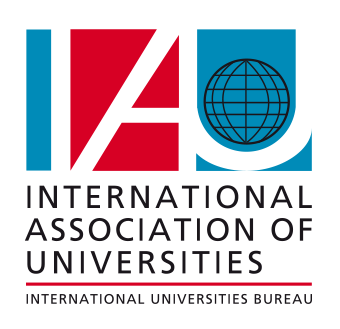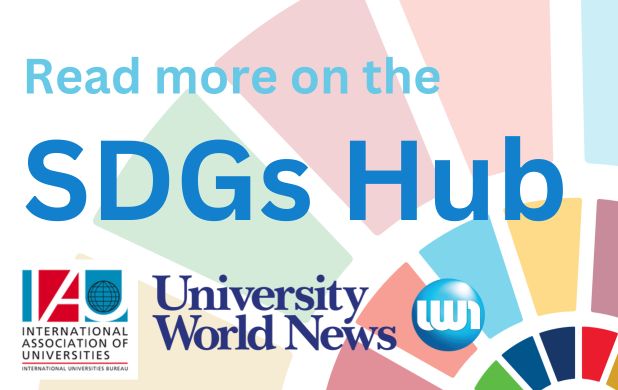Engaging Higher Education Institution in Education for Sustainable Development: the role of regional Centres of Expertise on ESD
Presentation
The United Nations University (UNU) Regional Centres of Expertise (RCE) initiative is a direct response to the call of the Johannesburg World Summit on Sustainable Development (WSSD) for partnerships on mobilizing diverse stakeholders towards achieving sustainable development. Today with more than 100 members and growing, the RCE community brings together universities, schools, civil society organizations, businesses, local governments and other regional and local organizations to develop learning systems that are conducive to regional sustainable development.
Objectives
The goals and strategies of RCEs vary, reflecting the uniqueness of the regional challenges and socio-cultural contexts. The consolidation of the portfolio of collective RCE projects taking place at the local level, has resulted in a search for partnerships with other RCEs working in similar areas. Since 2007, several inter-RCE groups have begun to emerge, with interest in consumption and production systems, traditional knowledge, youth and climate change, biodiversity and disaster prevention, teacher education. The concept of RCE has evolved over the years.
Main activities
HEIs work at the forefront of integrating the latest achievements of science and technology into what is taught at different levels of schools and in non-formal educational settings, and leading innovative forms of collaborative research. In turn, those involved strongly believe that interdependency of HEIs’ learning and research practices with NGOs, municipalities, local businesses, schools, media and other RCE stakeholders will lead to the required innovation and to the potential re-invention of higher education’s role to make it even more relevant for many years to come.
Innovative aspects
The original concept of mobilization for ESD engines at the regional (local) level came from the assumption that there is a need to develop additional links between organizations within and outside higher education. HEIs were acknowledged as critical partners in RCE formation and development, especially in terms of ensuring sustainability and quality. In fact, a majority of RCEs are coordinated by universities; they did – and still do – contribute to leadership and management of RCE networks locally and globally. Academics were perceived as ‘experts’ to provide advice on various aspects of education and learning for enabling change towards sustainable futures. Development of various forms of governance forms in a number of regions lead to further articulation of the RCE’s role as a “meeting point”, a clearing house, a collaborative hub, a knowledge broker, a platform for information exchange and collaboration and communities of practice. While expanding the RCE vision, the way that HEIs are perceived, and their role, has changed – both conceptually and in practices. An RCE consortium often helps to legitimize new forms of scholarships addressing the needs of communities as well as interdisciplinary and action research, and a more blended research and teaching activities. The emergence of these thematic partnerships has become particularly significant for the HEI members of RCEs as it provides opportunities for departments that were not part of the initial ESD/RCE efforts in the region to join in, on issues that more naturally fit into their research and educational spheres and practices. Such evolving relations point to the importance of mutually enriching relations within RCEs.


